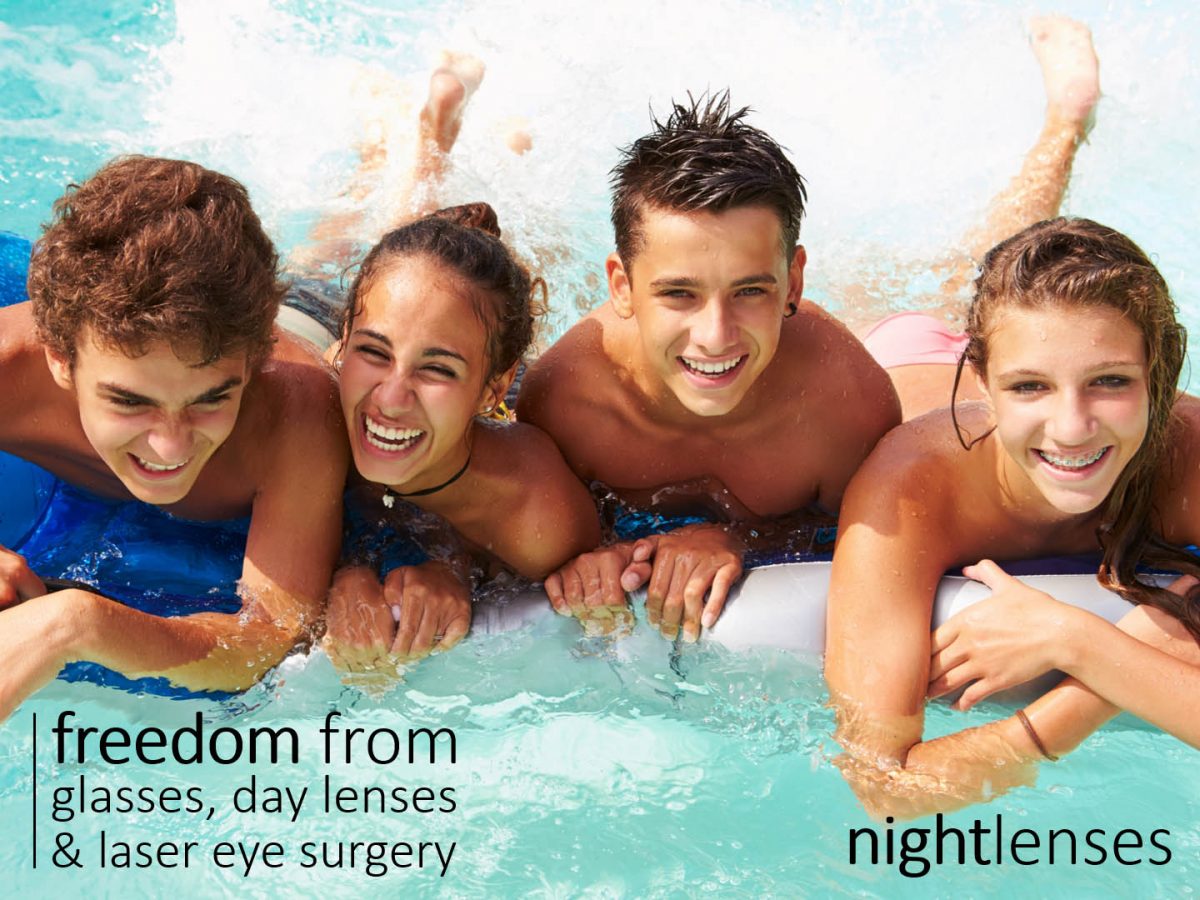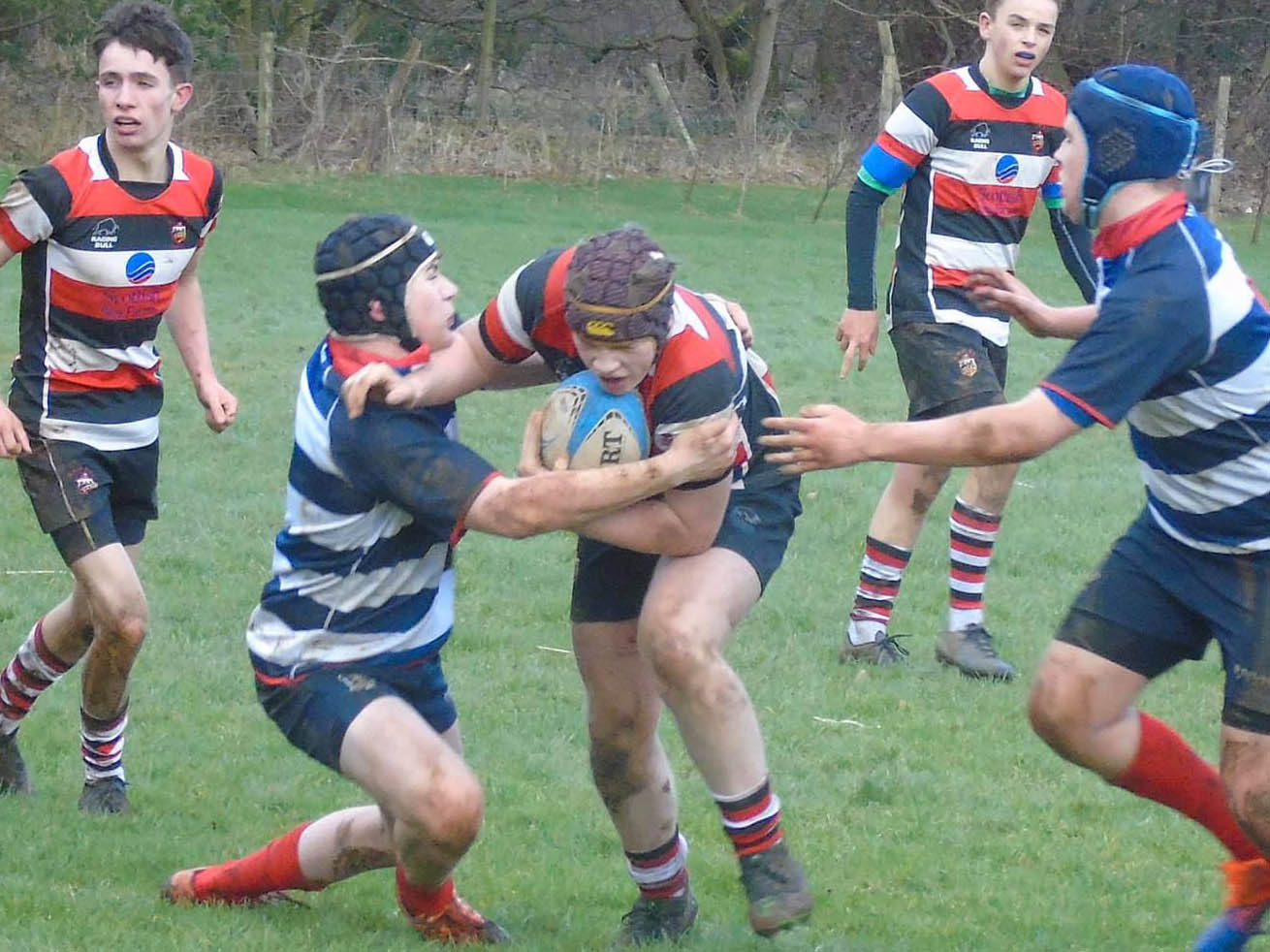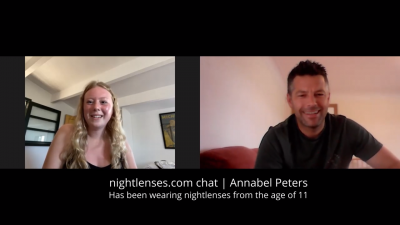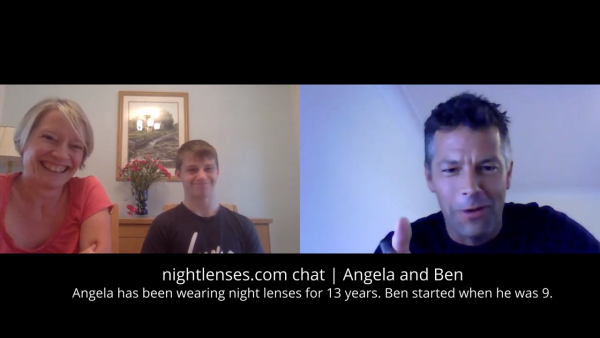Teenagers
Contact lenses for Teenagers

Stories from teenage night lens wearers
Teen screen stare
“Myopia progression, or the worsening of short-sightedness, and the future risks to eye health
It’s common for opticians to tell us, ‘Your child has short sight, let’s get them fitted for glasses.’ As parents, we often don’t think much of it. Short sight is prevalent, right? It can’t be that serious?
But what if they said, ‘We regret to inform you that your child has Myopia, a condition that, if left uncontrolled during childhood or adolescence, could lead to a 40% increased risk of eye diseases later in life, and in severe cases, even legal blindness or an inability to read the top letter on the eye chart when they reach your age’? That would certainly grab our attention, wouldn’t it?
Short sight is just another term for Myopia, which is a condition that can have serious consequences for eye health later in life. Think of it like high blood pressure leading to heart disease. By managing your blood pressure, you reduce the risk of heart issues and heart attacks. Similarly, by addressing Myopia early in childhood, your children can enjoy better eye health in the future. Without intervention, their vision may continue to deteriorate unnecessarily. But it doesn’t have to be that way. Myopia can be stabilized with less screen time, ensuring they spend at least 14 hours outdoors per week, and with the help of night lenses. [CLICK HERE] to learn more about Myopia, Myopia Progression, and Myopia Control for your child.
TOP TIP! We all struggle to limit our kids’ screen time. If your child has progressive myopia, remember that excessive screen time isn’t good for their eye health. On the linked page above, you’ll find a simple guide to help your kids understand their condition, so you can discuss it together. You might even compare it to a diabetic managing their sugar intake. Just as too much sugar isn’t good for diabetics, excessive screen time isn’t good for eye health. As a compromise, consider streaming videos onto the TV instead of letting them watch on their mobile devices up close. Encourage them to watch from a normal distance on the sofa.”




